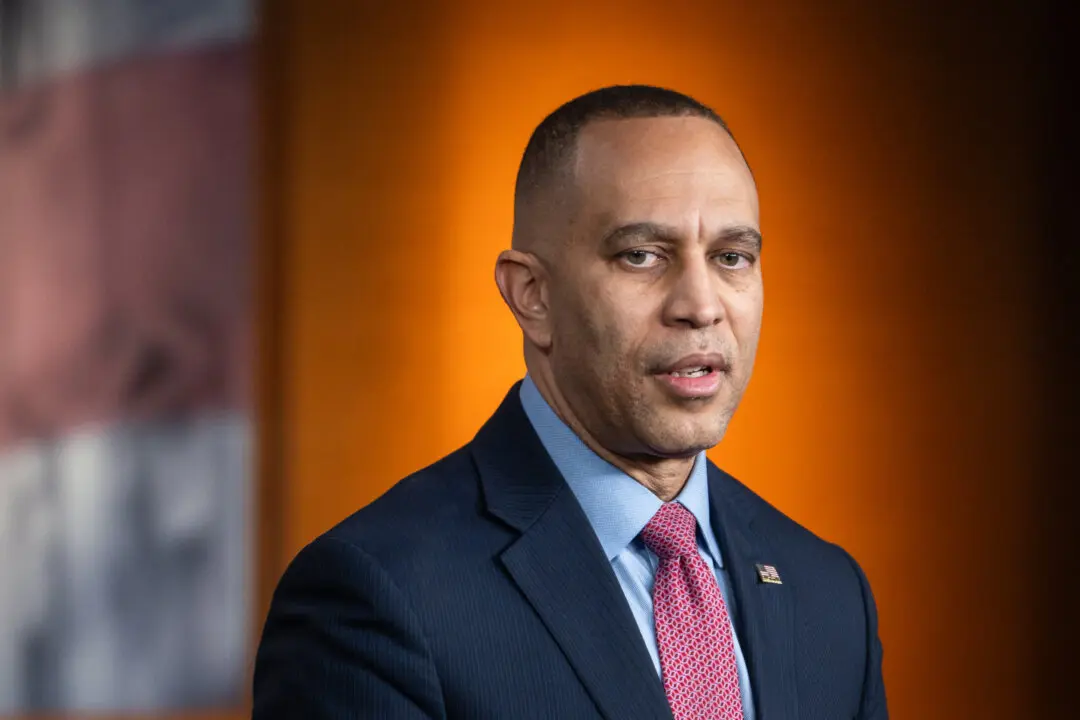Two judges on March 28 blocked parts of President Donald Trump’s executive orders that directed the revocation of security clearances of two law firms.
U.S. District Judge John Bates blocked portions of Trump’s order targeting Jenner & Block that sought to cancel federal contracts held by the firm’s clients and to restrict its lawyers’ access to federal buildings and officials.





